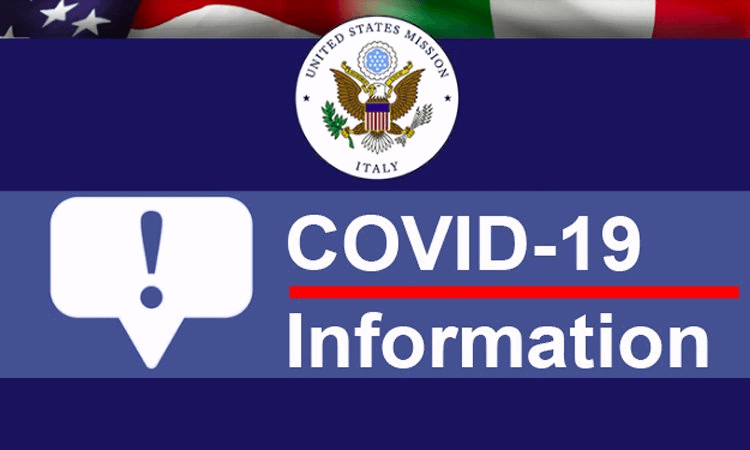About
The National Association of Locum Tenens (TNALT) is a non-for-profit 501 (c)(3) association. We are an exclusive network empowering thousands of sub-specialists (Locum-Tenens) through a member-only association and centralized digital database. A profound paradigm shift in healthcare is underway and we are leading this movement with strategic corporate alliances coupled with a vast network of global physicians to transform the future of digital health.
Patient empowerment, the spread of digital technologies and the widening access to medical information coupled with global doctor shortages, rising life expectancy and the ever-higher numbers of chronic diseases call for a change in the practice of medicine.


Key Findings From Consumer-Centered Telehealth Experiences
Patient empowerment, the spread of digital technologies and the widening access to medical information coupled with global doctor shortages, rising life expectancy and the ever-higher numbers of chronic diseases call for a change in the practice of medicine.

- Doctors Say Medical Supplies and COVID-19 Testing Are Inadequate:
- 77% did not believe that their hospital or clinic had adequate medical supplies or equipment to manage the crisis. Overall, 73% reported not being able to test patients quickly and easily.
- There Are Not Enough Precautions in Place: Nearly 60% did not think there were enough coronavirus precautions in their clinical setting.
- Government Agencies Not Doing Enough: The majority of physicians (70%) did not think that government had taken appropriate measures to support the medical supply chain or had adequately responded to the pandemic.
- Finances May Impact Patients Getting Treatment: 48% of doctors reported concern that patients are avoiding testing or treatment due to financial barriers.
- Social Distancing is potentially an Under-Reaction: While social distancing is inconvenient and has large economic impacts, most – but not all – physicians agree that it is absolutely necessary to successfully fight this pandemic. 59% reported that current social distancing measures are appropriate, while 28% reported current measures are likely an under-reaction.
- Many Doctors Are Turning to Telemedicine: Over 80% of physicians have moved to, or are planning to adopt, telemedicine virtual visits with patients. Telemedicine can be beneficial in treating patients remotely, saving in-person visits for high-priority coronavirus patients.

Key Findings From Consumer-Centered Telehealth Experiences
- Team based care must include smart triggers
- Real world and online world must converge
- There cannot be friction for the user
- Physicians must be sensitive to data overload
- Consumers are the Hubs of their own healthcare data
- Converge data for interactions to be safe and meaningful
- Expand role for care team based on new data triggers
- Integrate technology and human interaction into the physical world
- Increase focus on patient data security
- Combating fraudulent claims of telemedicine costs (treatment and medication) from insurance companies
- Ensure sufficient and reliable data exists for care continuity
- Secure the safety and immutability of data exchanged between teleclinics and patients
- Ensure the credentials of doctors engaged can be verified by patients independently and remotely


